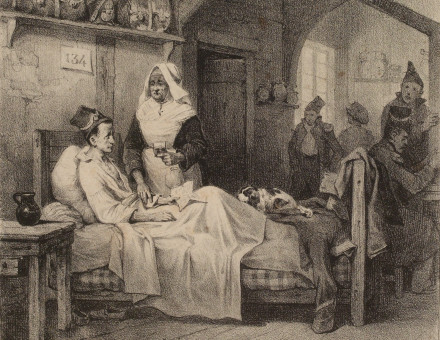Erich and Theo Kordt: Resisters after the Event
L.B. Namier on both the pre- and post-war case against would-be plotters within the Nazi regime.
Things to come were curiously reflected in the choice of the men who, on September 3, 1939, received the British declaration of war on Germany: in London, Theo Kordt, a comparatively junior diplomatist, and in Berlin, the official interpreter, Paul Schmidt, “a super on the diplomatic stage”. Now these men are again to the fore. Practically all the makers and leaders of the Nazi regime are dead, by suicide or execution, and so are the German generals and diplomatists who, however late in the day, did try to overthrow it. But some men who served Hitler to the very end, and survived, such as Weizsäcker, State Secretary at the Foreign Ministry, 1938-43, and Erich Kordt, Theo’s younger brother, in the books they now write disclose what a significant part they played in opposition or in conspiracies against Hitler; and when they retail conversations with men now dead, there is no check on their accounts except that inherent in every story. Their memoirs and evidence call for careful scrutiny.





